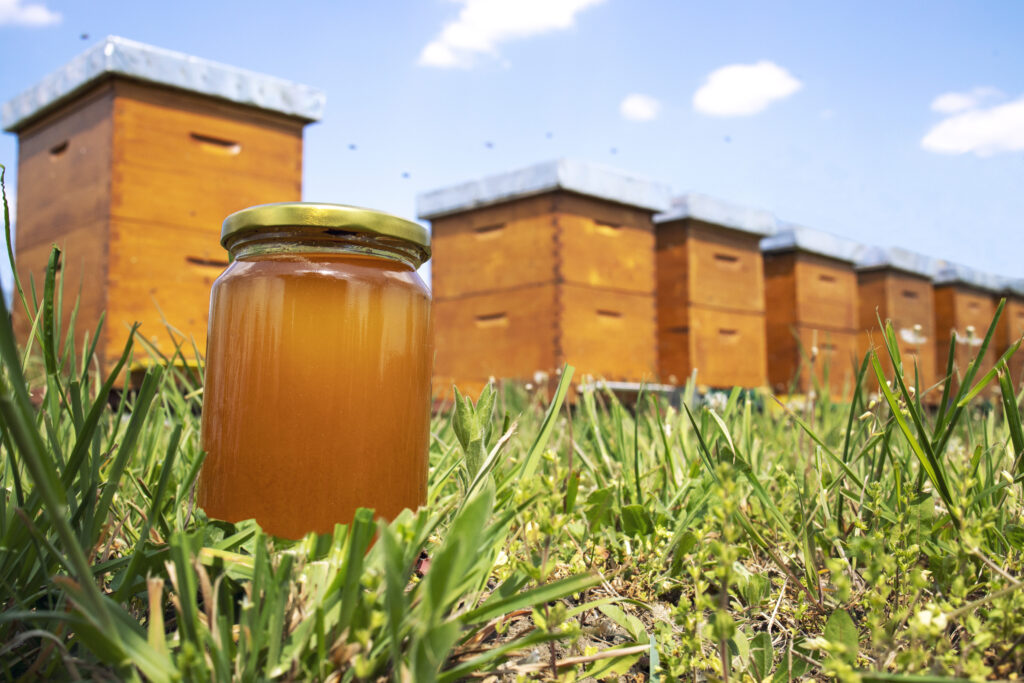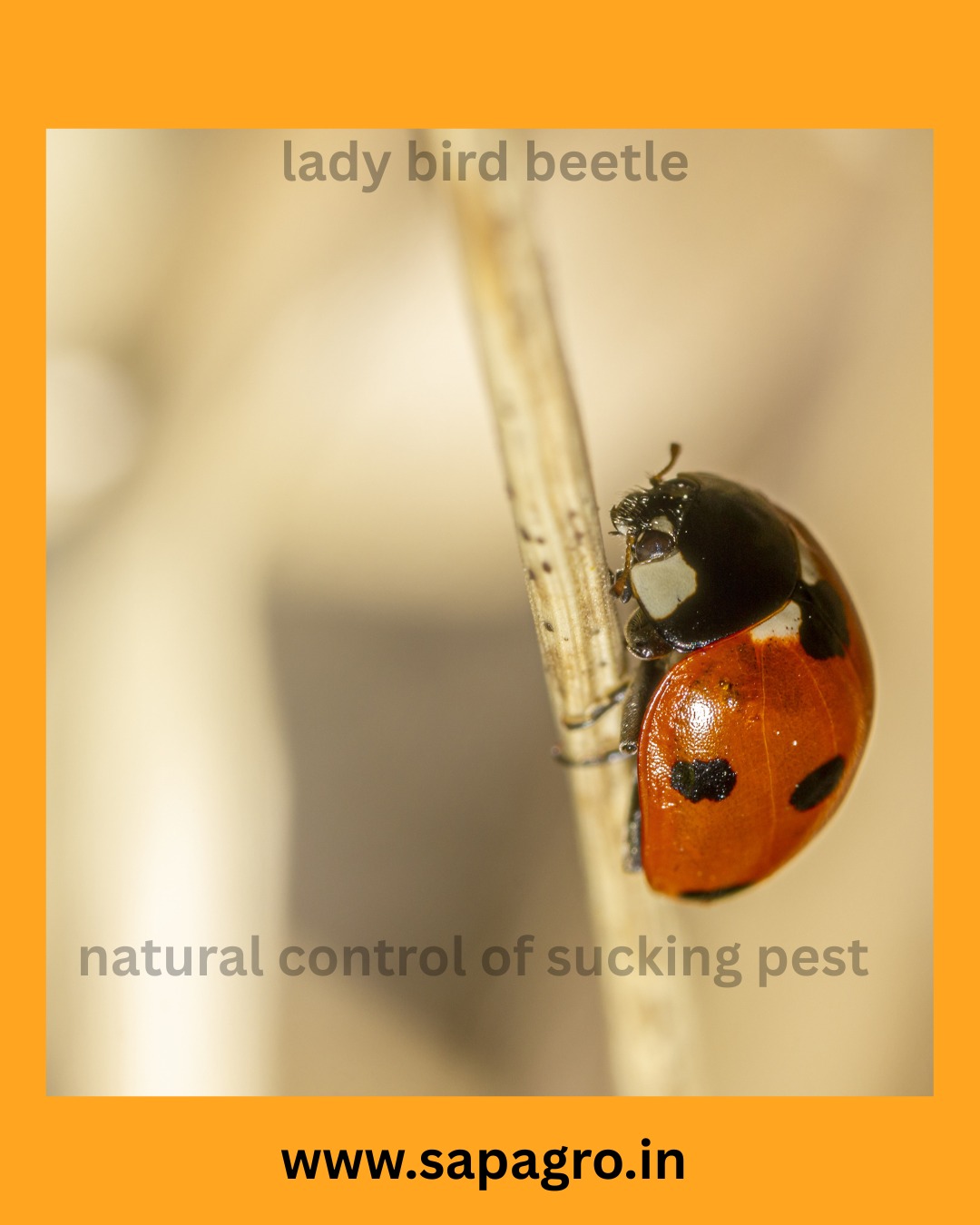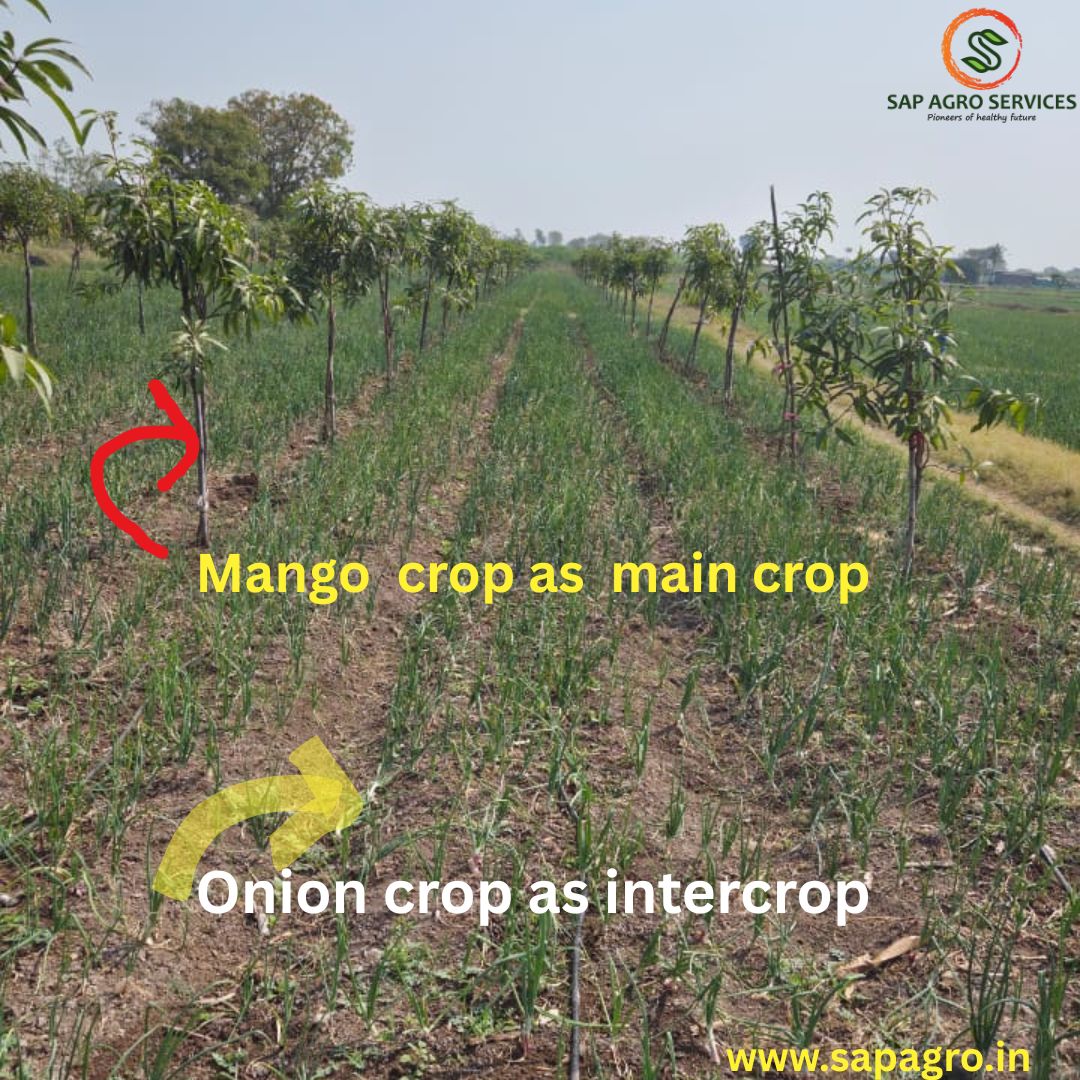Growing or raising plants or animals without the use of artificial inputs such as fertilisers, hormones, allopathic medications, and pesticides is referred to as organic farming. You can also get an Organic Farming Certification.
Not only are organic farming practices safe and provide wholesome food, but they also promote ecological sustainability and the well-being of all living things.

What is the Certification Process?
Organic certification is a process certification involving a set of production standards for growing, storage, processing, packaging and shipping that include:
1. Avoidance of synthetic chemical inputs (e.g. fertilizer, pesticides, hormones, antibiotics, food additives, etc) and genetically modified organisms;
2. Keeping detailed written production and sales records (audit trail);
3. Maintaining strict physical separation of organic products from non-certified products;
4. Undergoing periodic on-site inspections.
Purpose of certification
Certification is essentially aimed at regulating production/processing as per National Standards for Organic Production (NSOP) and facilitating the sale of original and quality organic products to consumers.
Types of Certification:-
1. Organic Farming Individual Certification:
Individual farmers can obtain organic certification for their farms through accredited certification bodies under APEDA. The certification process involves documenting the organic farming practices followed, including crop rotation, use of organic inputs, pest management, and record-keeping. Farmers must comply with the standards set by the National Program for Organic Production (NPOP) or other recognized international standards. Certification officers conduct on-site inspections to verify compliance with organic standards. Once certified, farmers can use the organic logo on their products and sell them as certified organic produce. The conversion period to get organic status is 2 to 3 years time period depending on the crop category.

2. Group Farming Certification:
Group farming certification allows small-scale farmers to collectively obtain organic certification through a group or association. The group must have a common organic farming plan and management system in place. Each member of the group contributes to maintaining organic standards and documentation. The group is collectively audited and inspected by certification officers to ensure compliance with organic standards. Group certification reduces the administrative burden and costs for individual farmers while promoting cooperative organic farming practices.
3. Organic Milk Certification:
Organic milk certification ensures that milk and dairy products come from organically managed dairy farms. Dairy farms must adhere to organic standards regarding feed, grazing practices, animal welfare, and the use of veterinary medicines. Certification bodies verify compliance through on-site inspections and audits of the entire dairy production chain. Organic milk certification may also involve testing for residues of synthetic chemicals and antibiotics. Certified organic milk products can display the organic logo and meet the growing demand for organic dairy products in the market.

4. Input Approval Certification:
Input approval certification involves certifying inputs such as seeds, fertilisers, pesticides, and other agricultural products used in organic farming. This Certification ensures that inputs comply with organic standards and do not contain prohibited substances. Input suppliers must undergo evaluation and approval by certification bodies to ensure the integrity of organic production. Organic farmers are required to use only approved inputs in their farming practices to maintain organic certification.
5. Trading and Repacking Processing Certification:
Trading and repacking processing certification applies to businesses involved in the handling, storage, packaging, and labelling of organic products. This Certification ensures that these businesses maintain the integrity of organic products throughout the supply chain. Trading and processing facilities must have separate storage and processing areas for organic and non-organic products. Certification bodies conduct audits and inspections to verify compliance with organic standards and labelling requirements. Certified trading and processing facilities play a crucial role in maintaining the traceability and authenticity of organic products in the market.
6. Honey Certification:
Honey certification verifies that honey and honey products come from hives managed according to organic standards. Organic honey production involves ensuring bees feed on organic nectar sources and avoiding the use of synthetic chemicals in hive management. Certification bodies inspect hives and apiaries to assess compliance with organic standards. Organic honey must also meet quality standards, including the absence of residues and adulteration. Certified organic honey products can display the organic logo, assuring consumers of their authenticity and quality.
These various types of organic certifications cater to different aspects of organic production and processing, ensuring the integrity and authenticity of organic products in the market.

7. NPOP Certification:
NPOP certification is a kind of third-party certification, in which, the farm or the processing of the agriculture produce is certified under national or international organic standards by an accredited organic certification agency. The NPOP certification is facilitated by Agriculture Processed Food and Export Development Authority (APEDA), Ministry of Commerce and Industries, Govt. of India.
8. Participatory Guarantee Systems for India (PGS-India) Certificate:
Participatory Guarantee Systems are quality assurance initiatives with a local focus that are based on social networks, trust, and information sharing. PGS, as it relates to organic agriculture, is a procedure whereby individuals in comparable circumstances—in this case, producers—evaluate, examine, and confirm each other’s production methods before jointly designating the group’s entire holding as organic. The Ministry of Agriculture and Farmers Welfare, Government of India, facilitates PGS-India through the National Centre of Organic Farming (NCOF), which serves as its secretariat. PGS-India certifies a total of 6.12 lakh hectares of land and 9.32 lakh farmers, while NPOP certifies a total of 9.12 lakh hectares of land and about 15 lakh farmers.
9. Export Certification:
Organic products intended for export markets must be certified according to the NPOP standards or equivalent international standards recognised by APEDA. Export certification. It ensures that organic products meet the requirements of importing countries and are eligible for export. Certification bodies conduct inspections and audits to verify compliance with export requirements and issue certificates of organic compliance for export consignments. These are the main types of organic certification in India, covering various stages of organic production, processing, and trade, and ensuring the integrity and authenticity of organic products in the market Organic products intended for export markets must be certified according to the NPOP standards or equivalent international standards recognised by APEDA
Conclusion:
Learning this age-old art from the organic farming experts becomes a source of continual joy, a way to connect with nature, make lasting memories, and contribute to a healthier planet. Become a part of this organic revolution and let Sapagro be your partner in learning as we believe that organic farming training in India must be learned from the industry experts.
Why Choose Sap Agro’s Training Program?
Expert Guidance: Learn from seasoned professionals with over 15 years of hands-on experience in organic farming.
Comprehensive Curriculum: Sap Agro’s program covers every aspect, from soil health to market strategies, ensuring a holistic understanding of organic farming.
Proven Success Stories: The success stories of farmers trained by Sap Agro stand as a testament to the effectiveness of their training program.
Sustainable Practices: Gain insights into sustainable farming practices that not only benefit the environment but also contribute to the profitability of your venture.
In the pursuit of a profitable and sustainable future in organic farming, Sap Agro’s Organic Farming Training in India Program becomes a guiding light. As we conclude this exploration, we encourage aspiring farmers to consider Sap Agro as a gateway to success.
Seize the opportunity to learn, grow, and thrive in the organic farming landscape with Sap Agro. Together, let’s cultivate a future that not only yields profitable harvests but also nurtures our planet for generations to come.
Also, if you are interested in learning Digital Marketing then Moving Digits is the best option for you.














